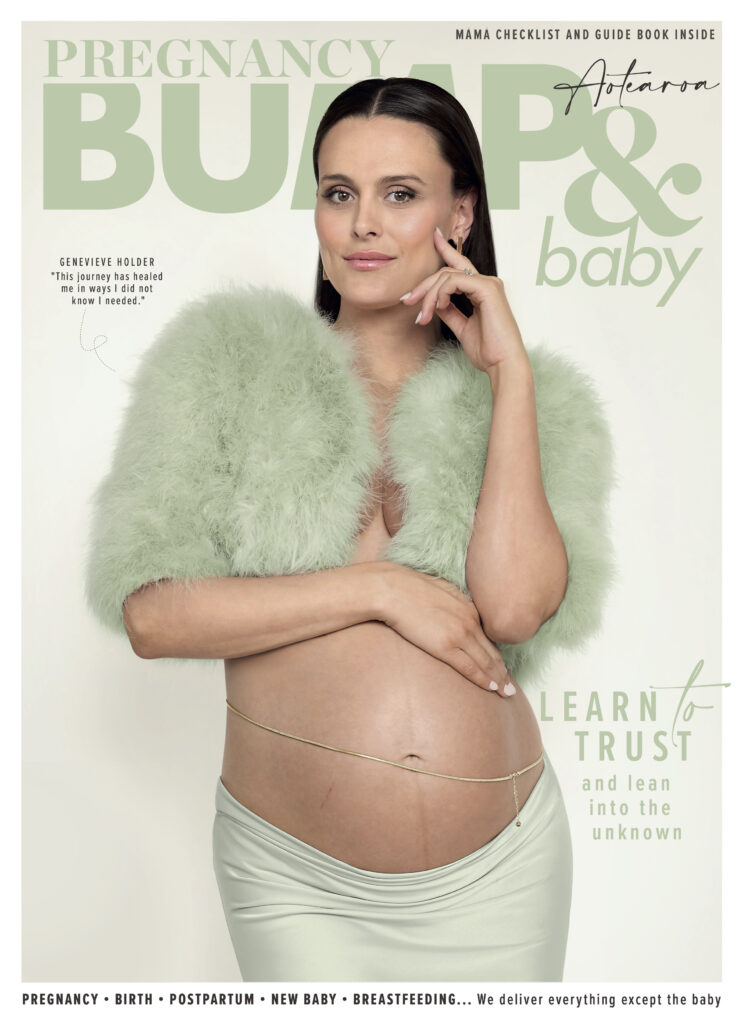Teresa Gudex, Repromed Fertility Dietitian spoke to the team at BUMP&Baby and explained how diet and appropriate supplementation can benefit your fertility.
When you’re trying for a baby, it’s natural to want to do everything you can to improve your chances. Supplements are an important piece of the puzzle, but they’re not the whole story. The nutrients you get from fresh, whole foods form the foundation for healthy eggs, sperm, and hormones..
Should you take supplements before trying for a baby?
The months before conception matter more than most people realise. It takes around 100-120 days for eggs and sperm to mature, and the nutrients you give your body during that time directly influence the quality of both.
Some supplements can be helpful because even with the best diet, it can be difficult to get optimal amounts of certain nutrients.
Folic acid
Vital for early development of your baby’s brain and spinal cord. We recommend at least 800ug daily for at least four weeks pre-pregnancy and during the first 12 weeks of pregnancy.
Iodine
Supports foetal growth and brain development. It is recommended to take one 150ug iodine tablet every day throughout pregnancy and whilst breastfeeding.
Iron
Low iron stores can affect ovulation and energy levels – a blood test can measure iron
levels which should ideally be in the target range prior to pregnancy. Iron requirements double during pregnancy, making deficiency common during this time.
Vitamin D
Deficiency in vitamin D has been linked with greater difficulty in conceiving, and adequate levels are required to support baby’s growth and development during pregnancy. Women who: live in places with a lower UV index, such as the South Island; have naturally darker skin; spend limited time outdoors; or have minimal sun exposure are at greater risk of deficiency and should have their vitamin D level checked prior to pregnancy. Most women will benefit from a low dose vitamin D supplement during pregnancy.
Omega-3 fatty acids
Adequate omega-3 intake has been associated with improved fertility in some studies, as well as lower risk of some pregnancy complications. The recommended intake can be met by consuming two servings per week of low mercury oily fish. If you are unable to achieve this, an omega-3 supplement may be helpful. It’s important to talk to your GP, fertility doctor or dietician before starting any supplements, and they will do appropriate testing. At our fertility clinic, we can work with you to review your diet, run tests if needed, and recommend the best supplement plan for your unique needs.
How does food help your fertility?
Your body is designed to absorb and use nutrients from food efficiently. That means that the base of any fertility plan should be a diet that’s rich in whole, fresh, minimally
processed foods. Aim for…
- Plenty of colourful vegetbles and fruit: these are full of antioxidants that protect
eggs and sperm from damage. - Protein at each meal: lean meats, fish, seafood, eggs, legumes, and tofu support hormone production.
- Whole grains: brown rice, oats, and wholegrain bread provide steady energy and B vitamins.
- Healthy fats: avocado, olive oil, nuts support hormone health.
- Oily fish: low mercury oily fish such as salmon, sardines, mackerel and tuna are the best source of omega-3 fats EPA and DHA, which are anti-inflammatory and may improve egg quality.
- Dairy or calcium-rich alternatives: support bone health and hormone balance.
One approach is to fill half your plate with vegetables, a quarter with lean protein, and a quarter with whole grains or starchy vegetables, adding healthy fats for flavour.
What lifestyle choices will make a difference?
Nutrition is just one part of the bigger picture. Other changes that can boost fertility include keeping active with regular exercise and maintaining a healthy weight.
Reducing intake of caffeine, alcohol, and processed foods, as well as managing stress
are proven to help.
Essentially, some supplements may give your fertility a helpful boost, but they can’t replace the benefits of a healthy, varied diet and healthy lifestyle. Think of food as the foundation and supplements as the reinforcement – by combining both, you give yourself the best chance of a healthy pregnancy.


